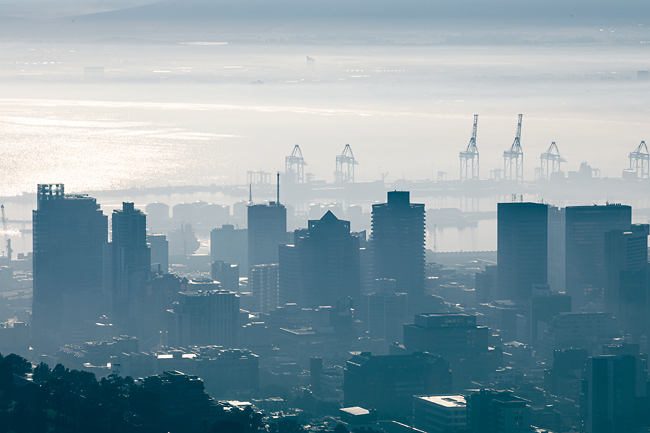VIENTIANE (XINHUA) – People in Laos are increasingly concerned about being exposed daily to unhealthy levels of PM2.5, fine particulate matter in the air that poses serious health risks, according to Xinhua.
The air quality index in Salavan province has reached an alarming level, with PM 2.5 concentration hitting 144 microgrammes per cubic metre, exceeding the safety threshold of 50 microgrammes per cubic metre, according to a report from the Lao Ministry of Natural Resources and Environment yesterday.
The provinces of Phongsaly, Xieng Khuang, and the Lao capital of Vientiane witnessed an unhealthy level of the PM 2.5 concentration exceeding 101 microgrammes per cubic metre.
PM 2.5, the fine particulate matter that causes smog, is an air pollutant containing tiny particles with a diameter of less than 2.5 micrometres.
Twenty-year-old student in Vientiane Sonthichak told Xinhua that he rides his motorbike to school every day, exposed to harmful dust and smoke. Despite wearing a mask, he can’t escape the pollution and continues to suffer from a persistent cough.

“The pollution is always there, whether I’m indoor or outdoor. I’ve had this cough for weeks, and it’s not improving. Now, I worry about the long-term health effects of constant exposure to PM 2.5. It’s scary because we don’t know what this will do to us in the future,” said Sonthichak.
He expressed hope for more awareness and better solutions to this problem, such as cleaner alternatives for farming and transportation.
“I can’t take my grandparents outside anymore, not even for a simple weekend trip. They’ve always loved going to parks or travelling, but with the pollution getting worse, I can’t risk their health,” 29-year-old office worker in Vientiane Somvilay told Xinhua.
She added, “I hope for stronger action to reduce pollution and create cleaner public spaces, allowing every family member to safely enjoy outdoor activities.”
Student Somleuthai, who has always been passionate about outdoor activities, especially running every evening to stay fit, said that her love for being outdoors is now overshadowed by growing concerns about air pollution.
“Although I’m still young, I worry about the long-term damage that constant exposure to polluted air could cause. We all should be seriously concerned about this issue, especially given how pollution affects vulnerable groups, like children and the elderly, who are at greater risk,” she added.
During the annual meeting of the Lao Ministry of Natural Resources and Environment in late January, Lao Prime Minister Sonexay Siphandone called for tighter controls on air pollution, including smog and forest fires, after many parts of the country recorded unhealthy air quality in recent days.
He urged all sectors to take their environmental responsibilities seriously, saying stronger action is needed to protect natural resources and ensure sustainable development.
In 2025, the Lao government, in partnership with development organisations, has installed AI-powered air quality sensors in 150 schools across the country to monitor harmful air pollutants in real-time. This initiative will assist local authorities in identifying unsafe air levels and implementing preventive measures to ensure a safer learning environment. The goal is to reduce health risks, promote cleaner air, and protect children’s health throughout Laos.





